
Rigaku Symposium at Yale University
Yale University, in collaboration with Rigaku, is pleased to announce the Rigaku Symposium at Yale, taking place from Wednesday, May 28, to Friday, May 30.
The symposium will feature seminars from researchers at Yale, the University at Buffalo, Bristol Myers Squibb, the University of California, Los Angeles, and Rigaku, highlighting the latest advancements in electron and X-ray diffraction and scattering.
An afternoon of hands-on training, including demonstrations of instrument capabilities and software applications, will also be offered.
Note: Registration is now closed. If you would like to be added to our waiting list, please contact Michelle Goodwin.
Meet Our Presenters
Speakers
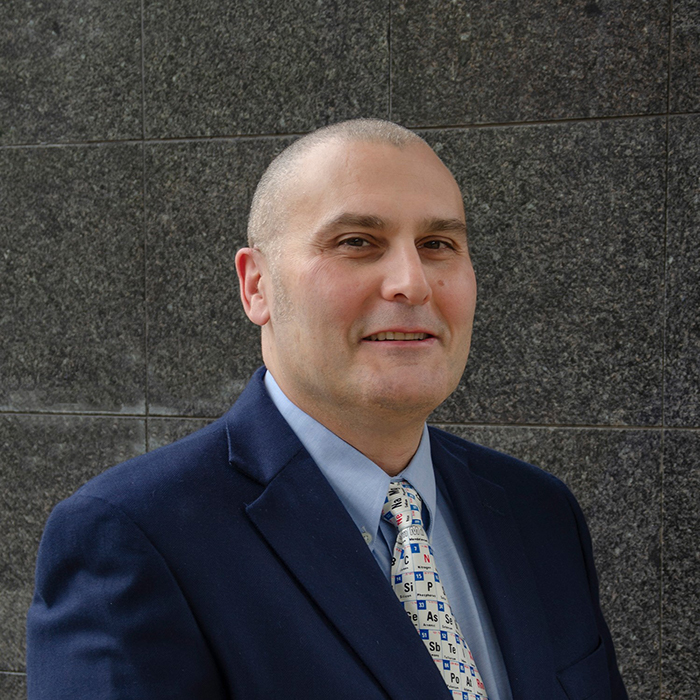
Joseph Ferrara, PhD
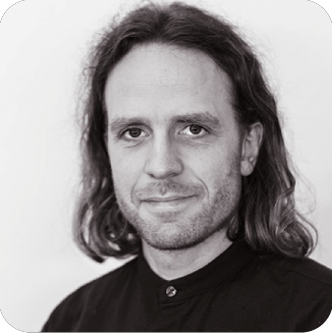
Robert Bücker, PhD
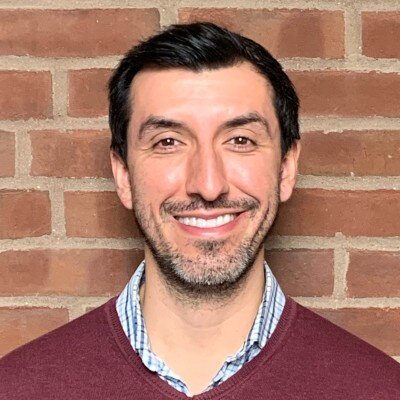
Brandon Mercado, PhD
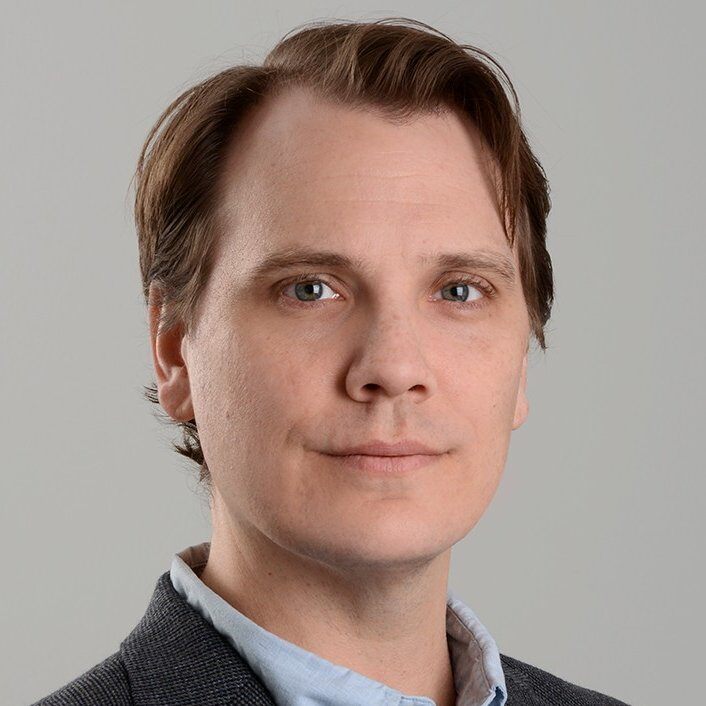
Mike Martynowycz , PhD
Dr. Martynowycz earned his B.S. in Mathematics and Physics from Loyola University Chicago and his M.S. and Ph.D. in Physics from the Illinois Institute of Technology and Argonne National Laboratory. As an HHMI Janelia postdoctoral fellow, he established rapid MicroED data collection protocols, and at UCLA he extended these methods to complex eukaryotic membrane proteins. His blend of physics training and hands on microscopy expertise uniquely equips him to push the frontiers of structural chemical biology and to accelerate structure guided therapeutic development.
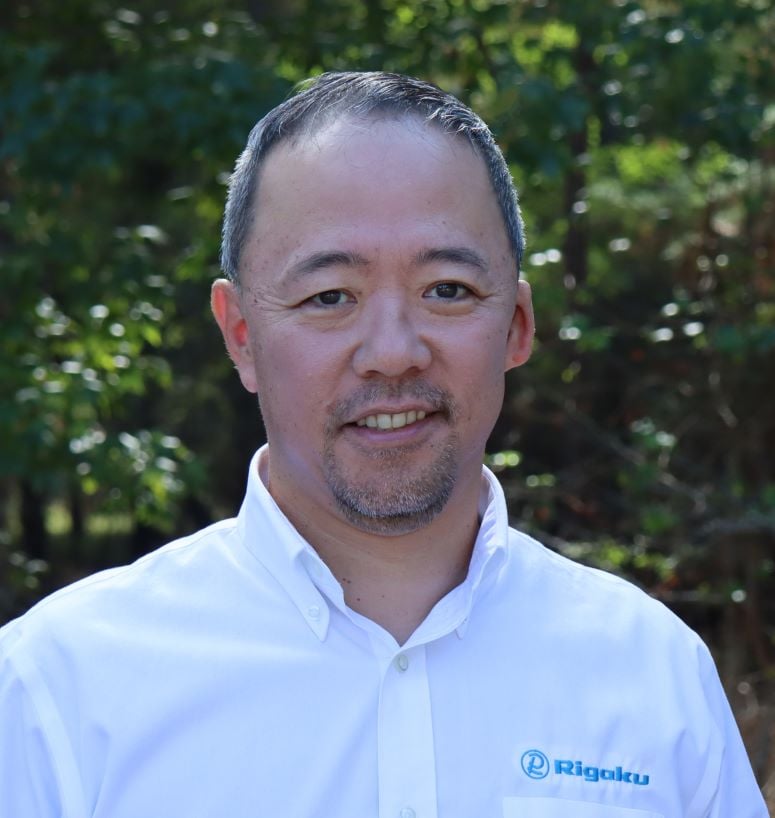
Keisuke Saito, PhD
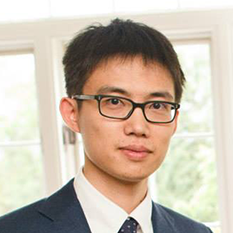
Mingjiang Zhong, PhD
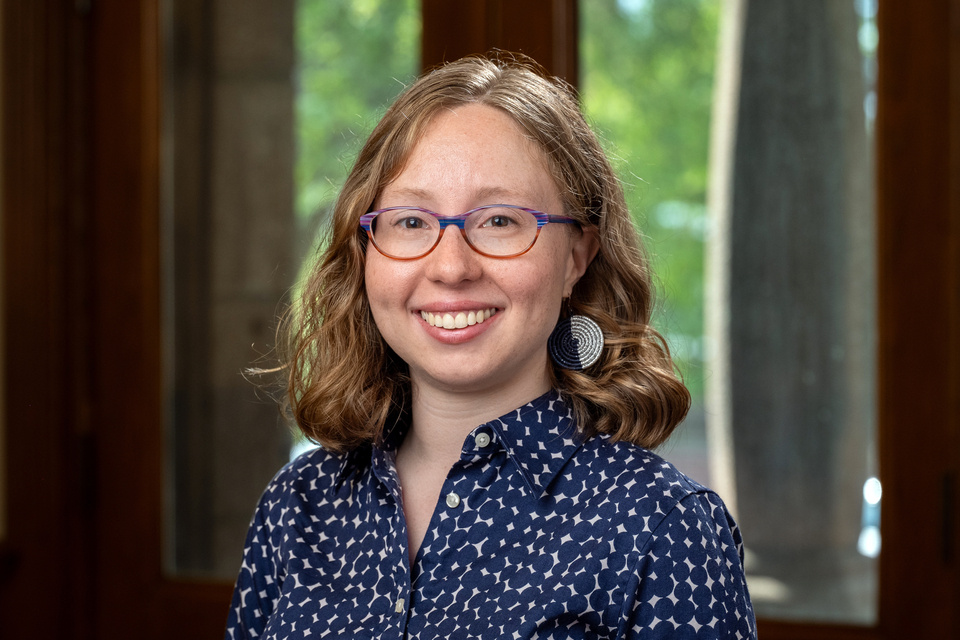
Amymarie Bartholomew, PhD
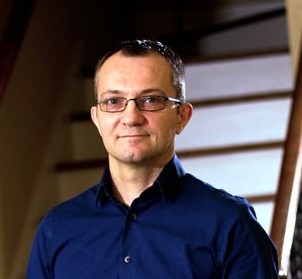
Pierre Le Magueres, PhD
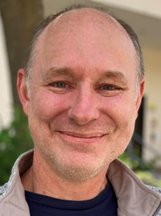
Roger Sommer, PhD
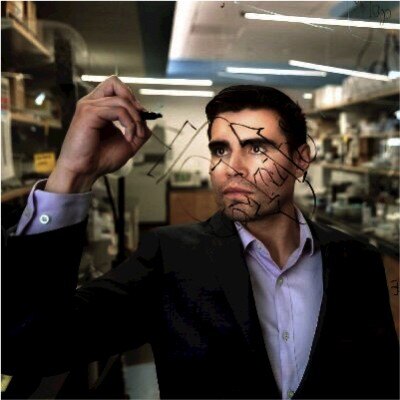
Jose Rodriguez, PhD
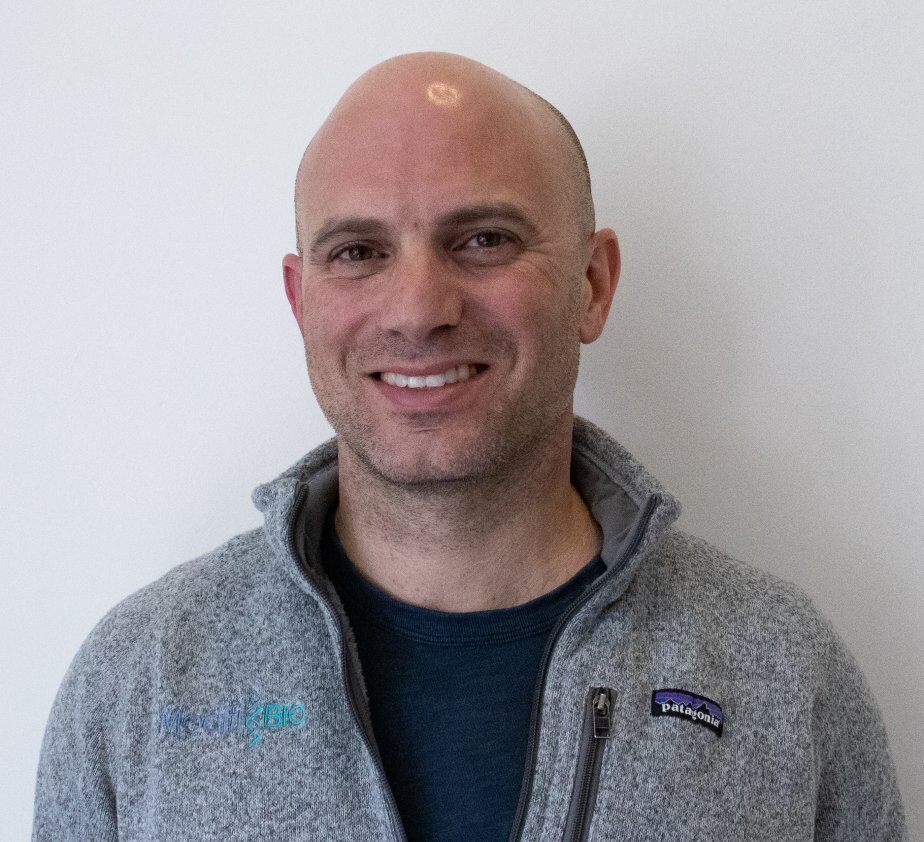
Seth Herzon, PhD
He has been recognized for his accomplishments by a number of awards, including an NSF CAREER Award, a Searle Scholar Award, a Fellowship from the David and Lucile Packard Foundation, a Fellowship from the Alfred P. Sloan Foundation, a Cottrell Scholar Award of the Research Corporation for Scientific Advancement, a Research Scholar Award from the American Cancer Society, the Arthur C. Cope Scholar Award of the American Chemical Society, the Novartis Chemistry Lectureship, the Synthesis/Synlett Award in Organic Chemistry, the Elias J. Corey Award for Outstanding Original Contribution in Organic Synthesis by a Young Investigator, the Thieme–IUPAC Award, the Tetrahedron Young Investigator Award in Organic Synthesis, the Wilson Prize, a Yale Faculty Innovation Award, a Creativity Extension Award from the National Science Foundation, and the ACS Award for Creative Work in Synthetic Organic Chemistry. From 2018–2019 he was a member of the United States Defense Science Study Group, Sponsored by the Institute for Defense Analyses.
Contact: Michelle Goodwin
Event coordinator
Michelle.Goodwin@rigaku.com
